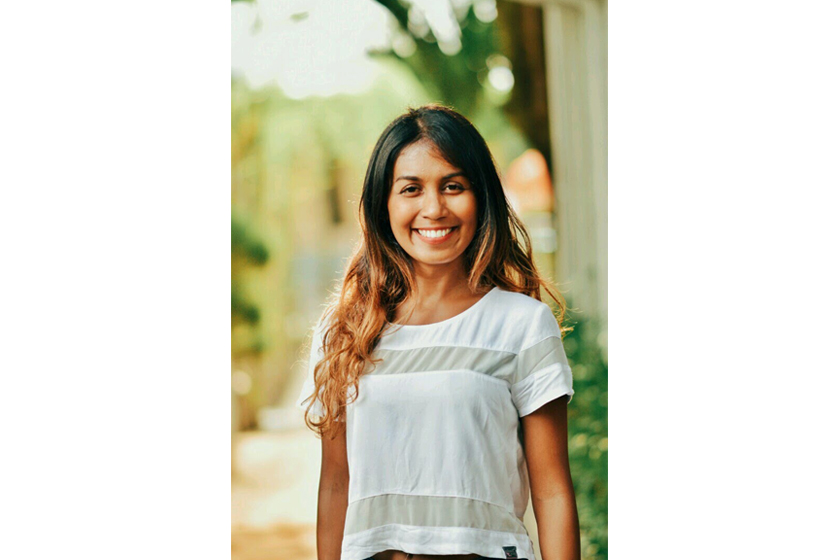11 February 2025
Join our Australian Alumni Grant Info Session!
Are you an Australian alumnus or Australia Awards in Indonesia scholar who want to strengthen your A... Read more
The Australia Awards are prestigious, transformational scholarships and short courses offered to emerging leaders for study, research and professional development in Australia

13 October 2021
 Online Learning Assistance (OLA)
Online Learning Assistance (OLA)
Project leader: Ms. Surayah Ryha
Level of education and university: Non Degree, Sustainable Tourism Development - Integrating Communities, Culture and Environment, Griffith University
Collaborating Organisations: -
Project Location: Jetisharjo, Bener and Gowok villages, DI Yogyakarta
Activity Type: Community development activities
Sector: Education Management, Education and Training
Project Rationale:
The rapid spread of COVID-19 has forced more than 60 million students to study from home, causing new challenges, especially for children living in vulnerable communities. Although the Large-Scale Social Restrictions (PSBB) policy, including the adoption of distance learning from schools, has been necessary, it has heightened the impacts of existing social inequalities and vulnerabilities for children in marginalised communities. Distance learning has caused a number of social problems, primarily in the lack of access to technology and inadequate online teaching methods. Children and parents in vulnerable communities have struggled to adapt to the adjustments needed for a proper learning experience.
In three of Yogyakarta’s riverbank communities, namely Code, Gajahwong, and Winongo, most community members work as vendors, labourers, housewives, security guards, freelancers, ride-hailing drivers, and scavengers. On average, these families earn a daily income of around IDR 20,000 or 2 USD - a figure insufficient for savings or emergency funds, as their daily earnings suffice for what the family requires on that day. This condition forces parents to continue working outside of their homes, with the additional struggle of providing their children with adequate learning media such as technological tools and internet data, as well as necessary learning support. For children, they are vulnerable to the same health risks and economic pressures as the families and communities they live in, and an uneven digital landscape prevents children from low socio-economic backgrounds having adequate internet access and optimal learning support.
Project Child Indonesia strives to address these challenges by supporting children with the necessary technological assistance and knowledge to adapt to the changing socio-economic landscape caused by the COVID-19 pandemic. This advocacy can help prevent accelerating inequality in vulnerable communities with the right facilities to address the digital gap and help children with adjustments to the distance learning system.
Project Beneficiaries:
80 students and 160 parents/guardians from the Code, Gajahwong, and Winongo riverbank communities who will receive digital learning assistance through online and offline tutorials and internet aid while tutorials are conducted. 30 volunteers who will receive training and capacity building, and data packages, 1 program manager, 1 media and IT manager by receiving capacity development and facilitating fieldwork.
Priority Development Area:
Health Security
Link with Australian organisation: -
Share this project on:
 Related Project Profiles
Related Project Profiles
This website uses cookies to improve your website experience. We may also use cookies to analyse website data so that we can improve our online services. To find out more visit our privacy policy.
